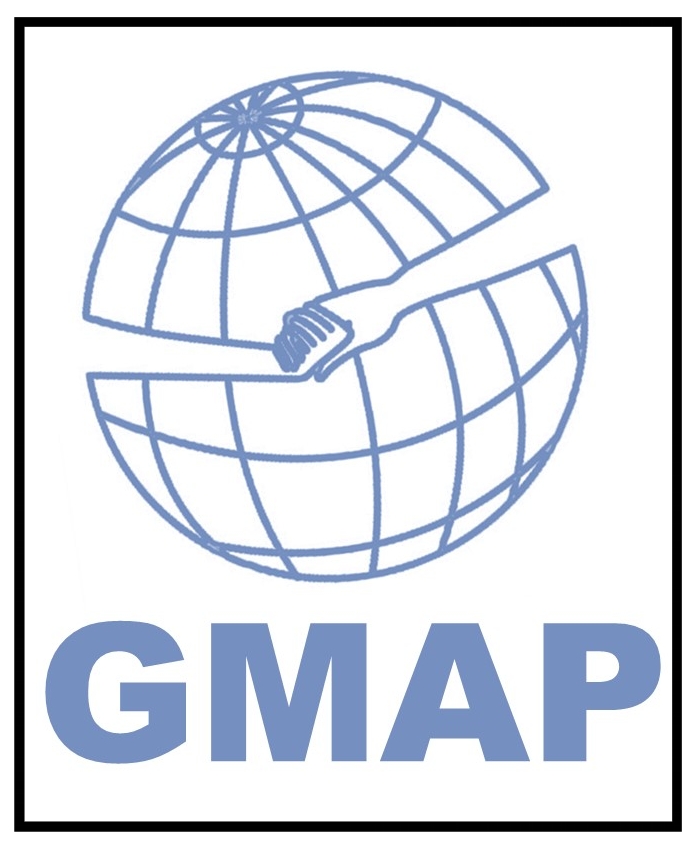PUSH: Peer Behavioral Activation Utilization to Address Structural Racism and Discrimination and Improve HIV Outcomes in High-Risk, Substance-Using Populations
Background: New long-acting injectable antiretroviral therapies for HIV treatment and prevention provide a potential biomedical intervention to overcome adherence challenges typical for oral medications. However, ensuring adherence is crucial, and given its recent development, interventions are lacking to support adherence to long-acting injectable treatments for HIV treatment and prevention. There is an urgent need to create acceptable, scalable, cost-effective interventions to enhance adherence for long acting injectables, particularly among individuals who are actively using substances and have multiple marginalized identities.
Study design: This hybrid Type 1 effectiveness-implementation trial (N=186) is adapting and evaluating a peer-delivered behavioral activation intervention to promote adherence to long-acting injectable HIV treatment and prevention among minoritized individuals with substance use in community sites in DC and Baltimore, compared to enhanced treatment as usual. Further, we are also conducting a cost effectiveness evaluation and rapid ethnographic assessment of structural factors that interfere with engagement in care.
Aims: We are evaluating the effectiveness of the peer intervention on long-acting injectable adherence for HIV treatment and prevention over 12 months and exploring the moderating role of structural and racial discrimination-related factors on care engagement; evaluating the implementation outcomes of the intervention, including a rapid ethnographic assessment of how structural and racial discrimination factors may affect implementation; and assessing the cost and cost effectiveness of the approach.
Location: DC and Baltimore
Funding: NIDA (R01DA061324; 2024-2029)
Principal Investigators: Elana Rosenthal, Jessica Magidson
Partners/collaborators: University of Maryland, Baltimore, Weill Cornell
Opportunities: Staff and graduate students can be involved in study coordination, primary data collection, secondary data analysis, and future grant submissions.

